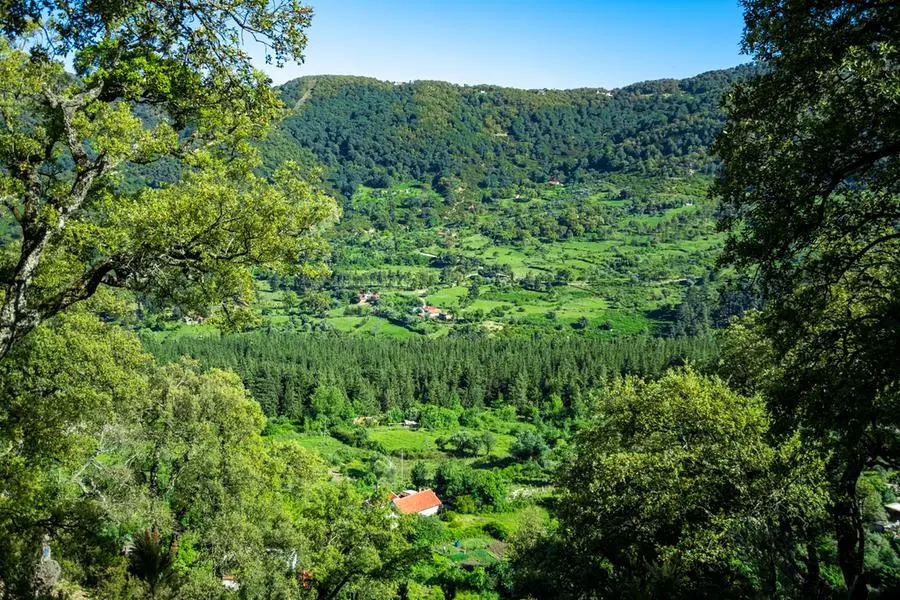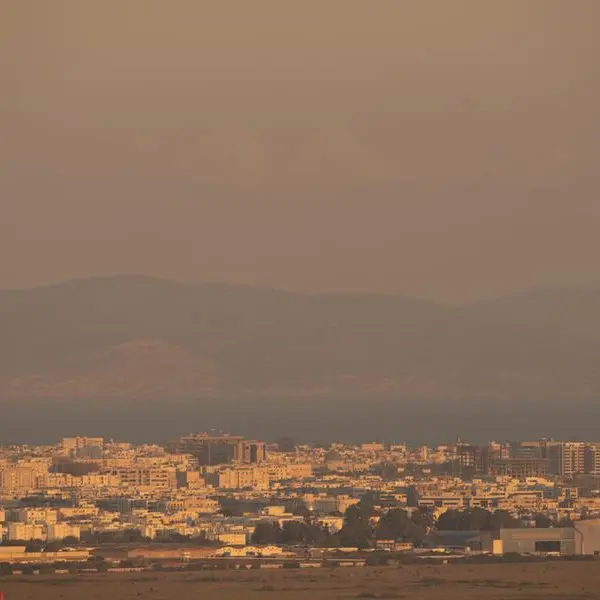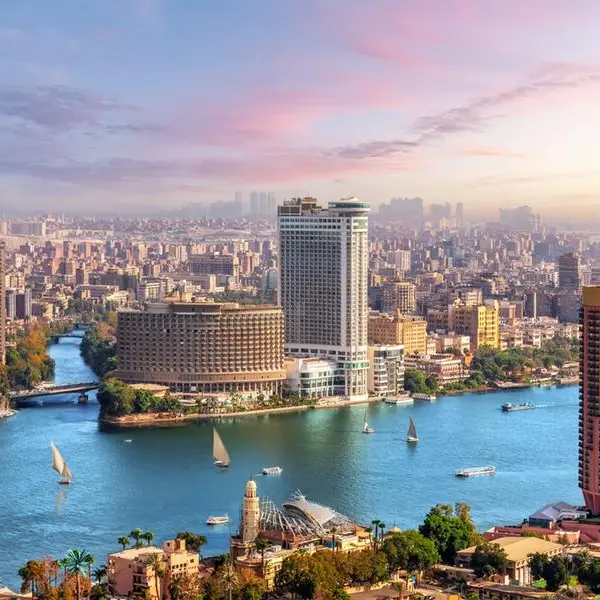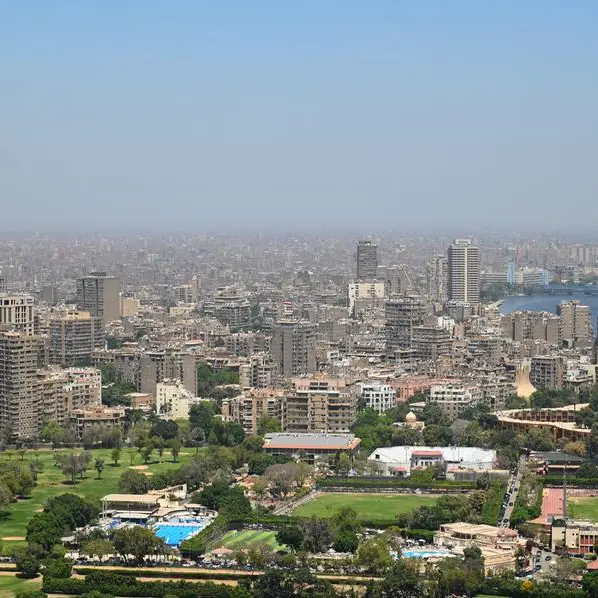PHOTO
TUNIS: The Government of Tunisia, in partnership with the African Development Bank Group, has launched a flagship $24 million initiative to restore degraded forest landscapes and boost climate resilience in rural ecosystems.
The Agroforestry and Degraded Forest Landscape Restoration Project (PARFD) was officially launched in Tunis. The project, estimated at $23.72 million (over 73 million Tunisian dinars), is being funded by the African Development Bank through the Climate Investment Funds’ Strategic Climate Fund, which is contributing $17 million. The Tunisian Government is providing $6.06 million, while project beneficiaries contribute $660,000.
The initiative aligns with Tunisia’s national development priorities, including the 2030 Sustainable Development Strategy and the country’s commitment to reducing carbon intensity by 45% by 2030. It is expected to generate nearly 4,500 green jobs across the governorates of Béja, Siliana, and Bizerte.
“This project marks a major milestone in Tunisia’s efforts to tackle the complex challenges of climate change and promote sustainable development in rural areas,” said Mohamed Naoufel Ben Haha, Director General of Forests at the Ministry of Agriculture, Water Resources and Fisheries.
This project addresses the urgent need to protect natural resources through an integrated, value chain-based approach,” said Malinne Blomberg, African Development Bank Deputy Director General for North Africa and Country Manager for Tunisia. “It targets both ecological restoration and the creation of sustainable economic and social opportunities for rural communities.”
Key targets of the project include the restoration or stabilization of 33,200 hectares of land, including 2,450 hectares of private land under sub-projects focused on agroforestry, forestry, and the cultivation of aromatic and medicinal plants. Additionally, 42,000 people will receive training in sustainable land management practices. Over a 25-year horizon, the project is expected to enable sequestration of 32 million tonnes of carbon, significantly contributing to Tunisia’s climate goals.





















